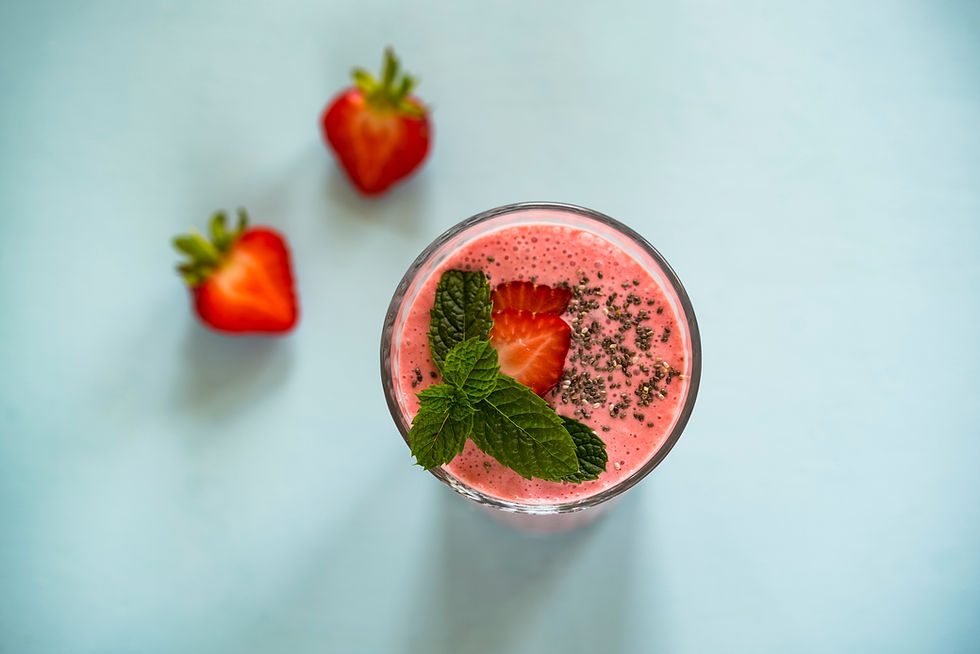
I’ve had a lot of queries lately around iron supplements (plus my own struggles with iron levels) so thought I’d share some little-known facts about iron. We all know iron carries oxygen to our cells, but it also plays a big role in mental health. Low iron can lead to anxiety, panic attacks, depression and even paranoia. It can also cause fatigue, headaches, dizziness, irritability, and insomnia. Any of this sound familiar?
Most people don't know that iron is also highly inflammatory. Over time this inflammation can lead to disease – especially gastrointestinal disease. So whilst many women need to supplement their diet (especially if they are peri-menopausal or have heavy periods, it’s important to take the right type of iron.
What makes a good iron supplement?
Many iron supplements have ferrous (iron) sulfate which can cause constipation, dark stools and inflammation. The better option is iron supplements containing iron bisglycinate which is absorbed up to 4 times more easily and has less side effects. A good quality iron supplement also contains other useful things to help your body maximise its iron. For example:
Vitamin C – for iron absorption
Activated forms of vitamin B6, B9 and B12 – to produce red blood cells
Lactoferrin – to iron get into cells for storage
Vitamin A – to get iron out of storage and into the bloodstream for usage
Natural forms of iron such as spirulina and beetroot.
Which iron supplement you should take depends on what else is happening in your body. If your immune system or skin is troubling you then a supplement with Vitamin A is a good idea. If you don’t get a lot of iodine, choose one with spirulina. And if you’re body has enough iron in the bloodstream (serum iron) but it's not getting into the cells (ferritin/stored iron) then one with Lactoferrin could be the go. Many chemists and health food stores stock iron supplements containing iron bisglycinate and Vitamin C, but you may need to see a nutritionist if you need a supplement with additional nutrients.
Long-term iron issues?
If you’ve had long-term issues with anaemia/low iron levels, then you may need to look at your gut health (where iron is absorbed) or liver health (where the iron transporter transferrin is made).
Want to talk to someone about your iron levels? Penny Dillon is a nutritionist and counsellor who's passionate about mood and food. Book an appointment.





Comments